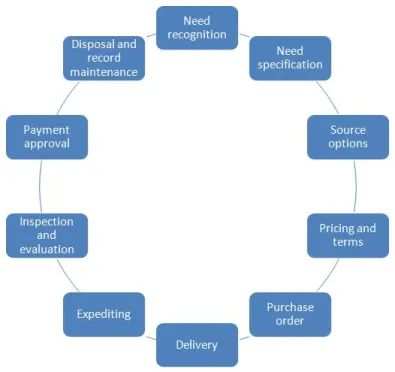Skills Assessment Tests: Tips and Strategies for Success
- Jul 3, 2024
- 3 min read
In today’s competitive job market, skills assessment tests have become a crucial tool for both employers and job seekers. For employers, these tests help identify candidates who possess the necessary skills and competencies for a role. For job seekers, excelling in skills assessment tests can significantly enhance their chances of landing a job. Here, we explore effective tips and strategies to succeed in skills assessment tests, ensuring that you can showcase your capabilities and stand out from the competition.
1. Understand the Test Format and Content
Before taking any skills assessment test, it’s essential to understand what the test will cover and how it will be structured. Research the specific skills and competencies that will be assessed. This could include technical skills, problem-solving abilities, logical reasoning, or soft skills like communication and teamwork. Familiarize yourself with the types of questions that may be asked, such as multiple-choice, situational judgment, or practical tasks.
2. Practice Regularly
Practice is key to performing well in skills assessment tests. Utilize practice tests and sample questions to get a feel for the test format and to identify areas where you need improvement. Many online resources offer practice tests for various skills. Consistent practice helps you build confidence and improves your ability to manage time effectively during the actual test.
3. Focus on Your Weaknesses
Identify your weaker areas and dedicate extra time to improving them. Whether it’s brushing up on technical skills, enhancing your numerical reasoning, or improving your problem-solving abilities, targeted practice can make a significant difference. Use online tutorials, courses, and study guides to strengthen these areas.
4. Develop Strong Test-Taking Strategies
Effective test-taking strategies can greatly influence your performance. Here are a few strategies to consider:
Time Management: Allocate time wisely for each section of the test. Avoid spending too much time on a single question.
Answer Easy Questions First: Quickly answer questions you find easy to build confidence and secure quick points. Return to more challenging questions later.
Read Instructions Carefully: Ensure you understand the instructions for each section to avoid unnecessary mistakes.
Eliminate Wrong Answers: For multiple-choice questions, eliminate clearly incorrect options to increase your chances of selecting the right answer.
5. Stay Calm and Focused
Test anxiety can negatively impact your performance. Practice relaxation techniques such as deep breathing or meditation to stay calm during the test. A clear and focused mind will help you think more logically and make better decisions.
6. Prepare Physically and Mentally
Ensure you are well-rested and physically prepared on the day of the test. Get a good night’s sleep, eat a healthy meal, and stay hydrated. Being physically well-prepared can enhance your cognitive function and overall performance.
7. Leverage Technology and Resources
Utilize available technology and resources to aid your preparation. Numerous apps, websites, and software programs offer practice tests, tutorials, and tips for skills assessment tests. Resources like Khan Academy, Coursera, and LinkedIn Learning provide valuable courses and practice materials.
8. Seek Feedback and Learn from Mistakes
After practicing or taking a practice test, seek feedback to understand your mistakes and areas for improvement. Learning from errors is crucial for growth. Discussing your performance with a mentor or coach can provide insights and personalized advice.
Conclusion
Excelling in skills assessment tests requires a combination of preparation, practice, and strategic test-taking. By understanding the test format, practicing regularly, focusing on weaknesses, and developing strong test-taking strategies, you can significantly enhance your performance. Staying calm, preparing physically and mentally, leveraging technology, and seeking feedback are additional steps that can contribute to your success.
Remember, skills assessment tests are not just about what you know but also about how well you can apply your knowledge and skills under pressure. By following these tips and strategies, you can confidently approach skills assessment tests and increase your chances of success, ultimately advancing your career prospects.
SITES WE SUPPORT
SOCIAL LINKS




Comments